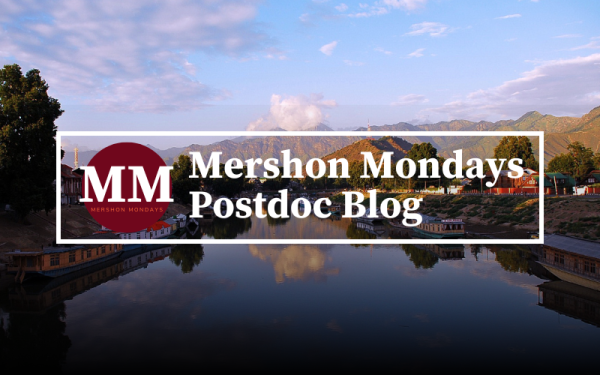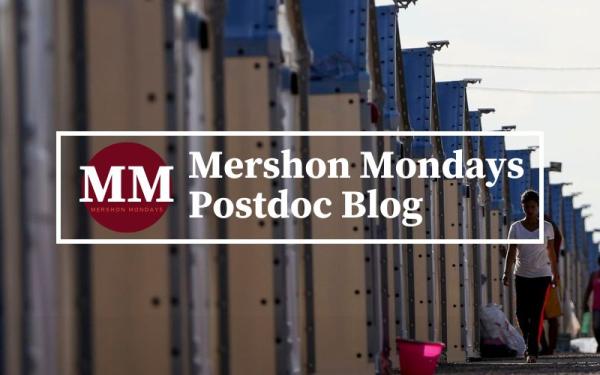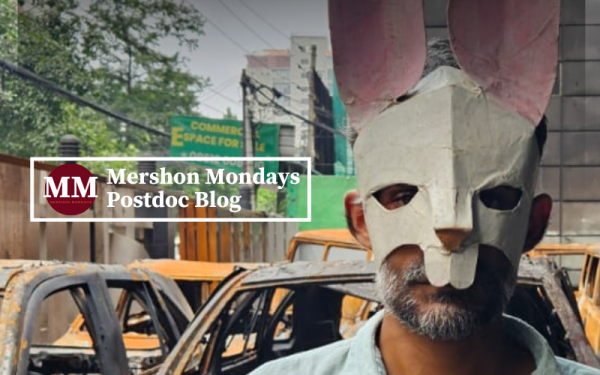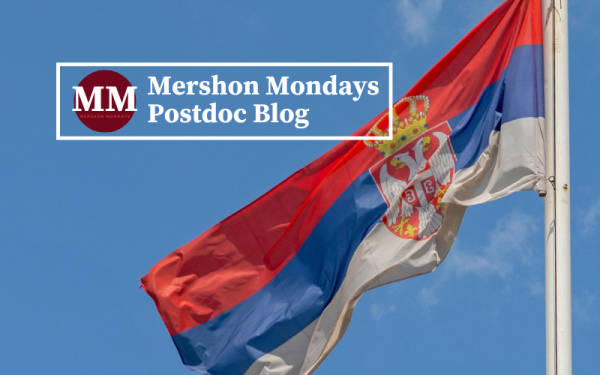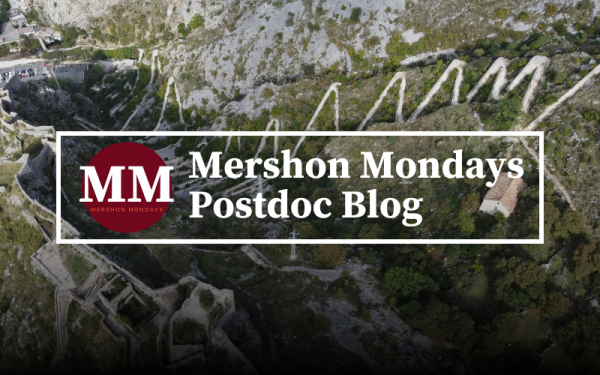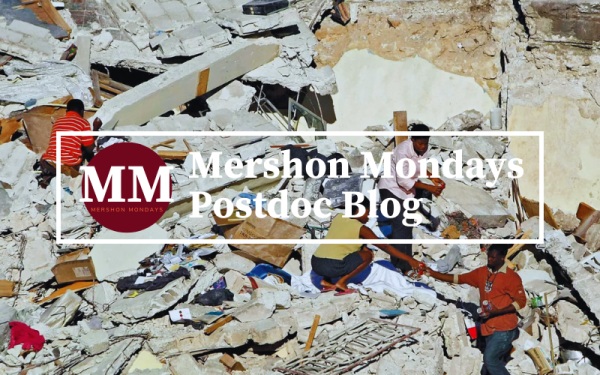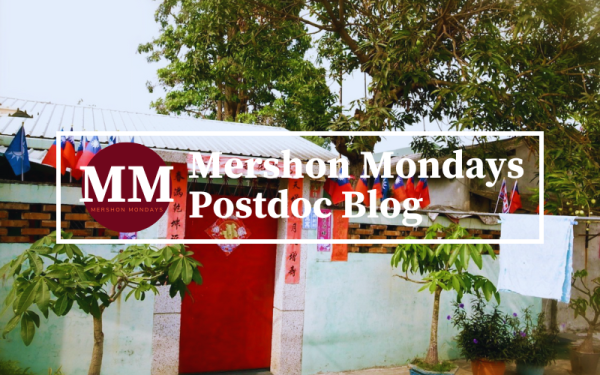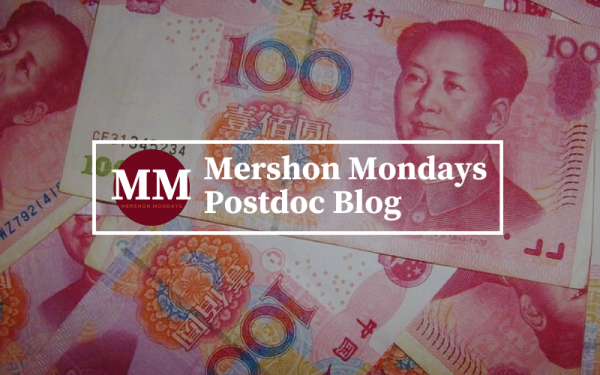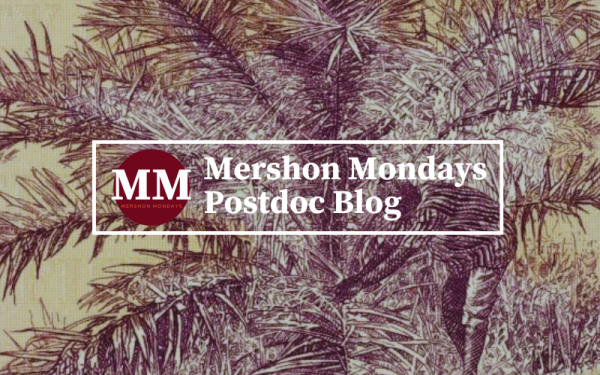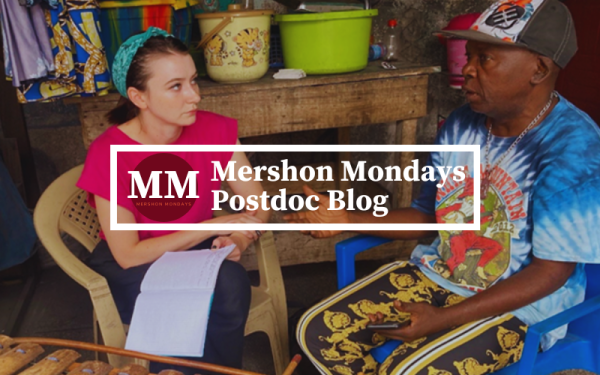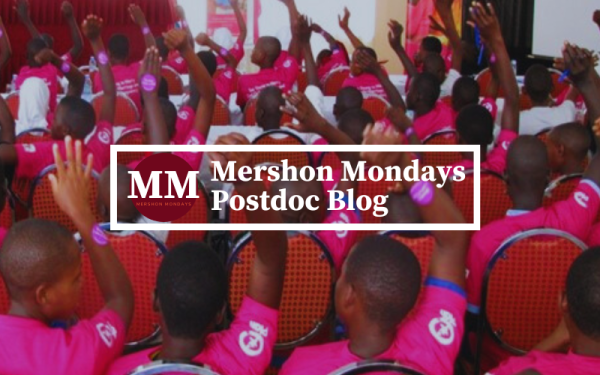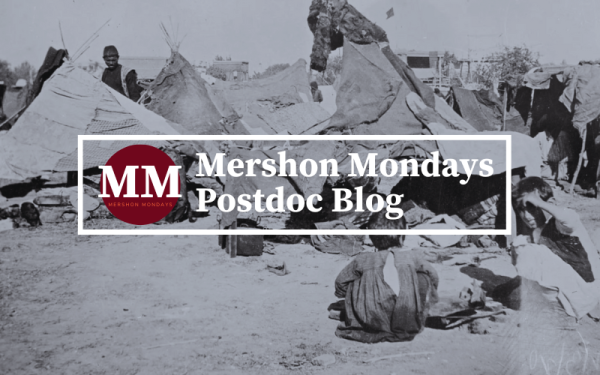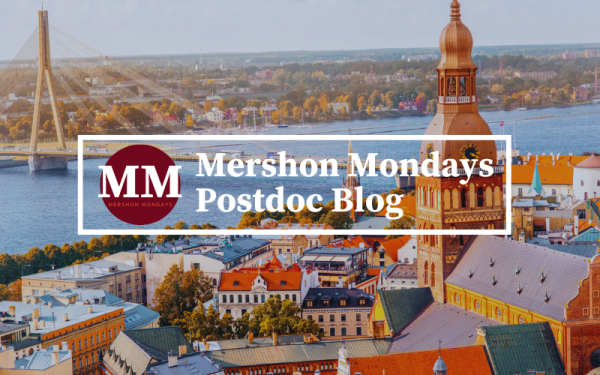Mershon Mondays

Mershon Mondays are in-house events for Mershon Center for International Security Studies affiliates and their guests. They feature a roundtable panel in conversation about selected themes and are are a space for faculty and graduate students to share research ideas, stories, opportunities, and challenges in a welcoming atmosphere. The dates and themes for the spring 2026 semester are:
- February 2: National Security Strategy
- February 23: Devising 101
- April 6: Technology and International Security
Mershon Mondays take place in Derby 1039. Lunch is served at 12:15, and discussion goes from 12:30 to 1:30.
For autumn 2024 - spring 2026, Mershon postdocs will take the lead in programming Mershon Monday conversations. We welcome your suggestions for topics and presenters, and especially encourage active participation from grad students. Registration links will be sent via the Mershon in-house listservs.





